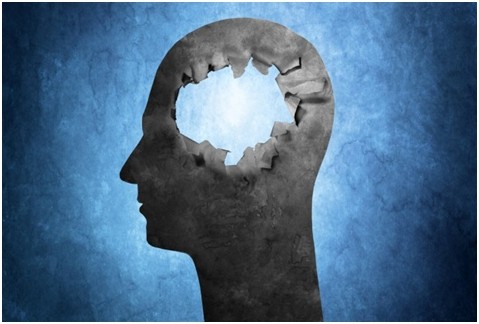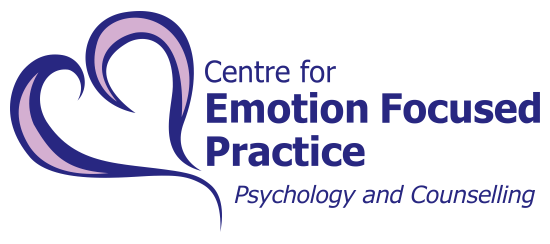Dementia and Other Causes of Cognitive Decline

Cognitive Decline
What is Dementia?
Dementia is a broad term used to describe a set of symptoms (like, memory loss, decline in thinking and reasoning abilities, speech impairment) that are caused when the brain is damaged (by diseases or strokes), leading to progressive cognitive impairement.
What is Cognitive Decline?
Cognition is the brain’s ability to perceive, process, interpret, store and retrieve information for use. The brain has millions of neurons associated with many mental processes, all of which contribute to cognition. However, sometimes, one may lose the capacity to perceive and interpret stimuli optimally. This deterioration of cognitive function is termed as cognitive decline or cognitive impairment.
Cognitive decline is associated with changes in information processing including increasing difficulties with memory, slowing of thinking process, and a decline in language fluency (word fluency) and number ability. Cognitive decline or cognitive impairment is predominantly caused by aging, however, there are other biological and psychosocial issues which can also contribute.
Mild Cognitive Impairment (MCI)
While aging is the primary reason for cognitive decline, recent research indicates that some people have a greater decline than what is associated with aging, however, without showing symptoms associated with Alzheimer’s. There is significant memory loss (such as misplacing things and forgetting about them), but without the loss of other cognitive abilities such as impaired reasoning or judgement. Mild cognitive impairment doesn’t always lead to dementia, but there is significant risk in these people for progression of the disease into Alzheimer’s. It has been shown that people who engage in active intellectual activities have a reduced risk for Alzheimer’s. Hence, lifestyle changes, regular monitoring of MCI, and counselling to help guide the person to compensate for the memory loss problems can go a long way in checking the progression of this disease.
Alzheimer’s Disease
This neurodegenerative disorder is the most common form of dementia. While the most common symptom is short term memory loss or difficulty remembering, as the disease progresses, there can be confusion, irritability, mood swings, language and number difficulty, speech difficulty, paranoia, and long-term memory loss with withdrawal from family and society, and loss of self awareness. There is no cure for the disease and the treatment is predominantly for the symptoms. Psychotherapy such as emotion focused therapy can help the person to adjust to the disease. Keeping the mind active by engaging in intellectual pursuits, change in diet, and exercise can help slow down dementia. Hence early detection is vital.
Other Causes of Cognitive Decline
- Advanced age and idleness: As previously mentioned, as one grows older, the brain’s performance tends to decrease. Most medical studies show that an aging brain is one that is exposed to fewer activities, such as less physical exercise, less thinking as well as less reasoning. Those who are physically and mentally active tend to have higher IQ than dormant people who do little or no exercise, are at less risk for dementia.
- Obesity: Some studies show that obesity tends to lower one’s reasoning and brain capacity. When the brain is adequately supplied with blood, it is healthy and active. However, in cases where there is increased deposition of fats or adipose tissue on the brain matter due to obesity, the brain becomes less active, given the low blood supply or circulation through it. Obesity damages the brain structure and consequently affects the cognitive ability of an individual. It has been proved that memory function can be improved by a good weight management program that restricts the intake of cholesterol and saturated fats.
- Hypertension: Studies have also indicated that hypertension or high blood pressure is a major cause for decline in cognition or cognitive performance. Studies suggest that increased blood pressure is detrimental to the brain’s capillaries (cerebrocapillaries). High blood pressure results in damage of these capillaries and the result is a brain that is inadequately supplied with blood and necessary nutrients.
- Insulin resistance: Insulin not only regulates glucose, but also is necessary for the growth, survival, and normal functioning of brain cells. Thus, it is an important factor in cognitive decline and dementia.
- Poor diet: A diet that is poor in essential vitamins and proteins can lead to cognitive decline. In fact, a recent study showed that a lack of vitamin D can double the risk of Alzheimer’s.
- Fatigue: Long term sleep deprivation and fatigue can interfere with brain function and lead to cognitive decline.
- Psychological issues like depression, anxiety, stress, trauma: While a mild amount of anxiety is actually beneficial and puts the person in a heightened state of response, chronic anxiety, on the other hand, is detrimental. People who are constantly anxious or stressed tend to experience a slowdown in their brain’s performance as the brain becomes “wired” to check for constant threats or alarming events. Consequently, chronic anxiety leads to decreased ability to concentrate. Depression too affects a person’s ability to pay attention and affects memory. Traumatic events can also cause memory loss.
If you are experiencing memory loss or a decline in other cognitive functions, it is imperative that you seek health care. Whatever be the cause, early intervention can help you to recover or to slow down the disease progression.
If you are looking for help, whether for yourself or for a loved one, our psychologists can assist in exploring underlying issues through therapy. Please visit our practitioners’ page to find out more, or call (03) 9820-5577 for an appointment or to make enquiries.




